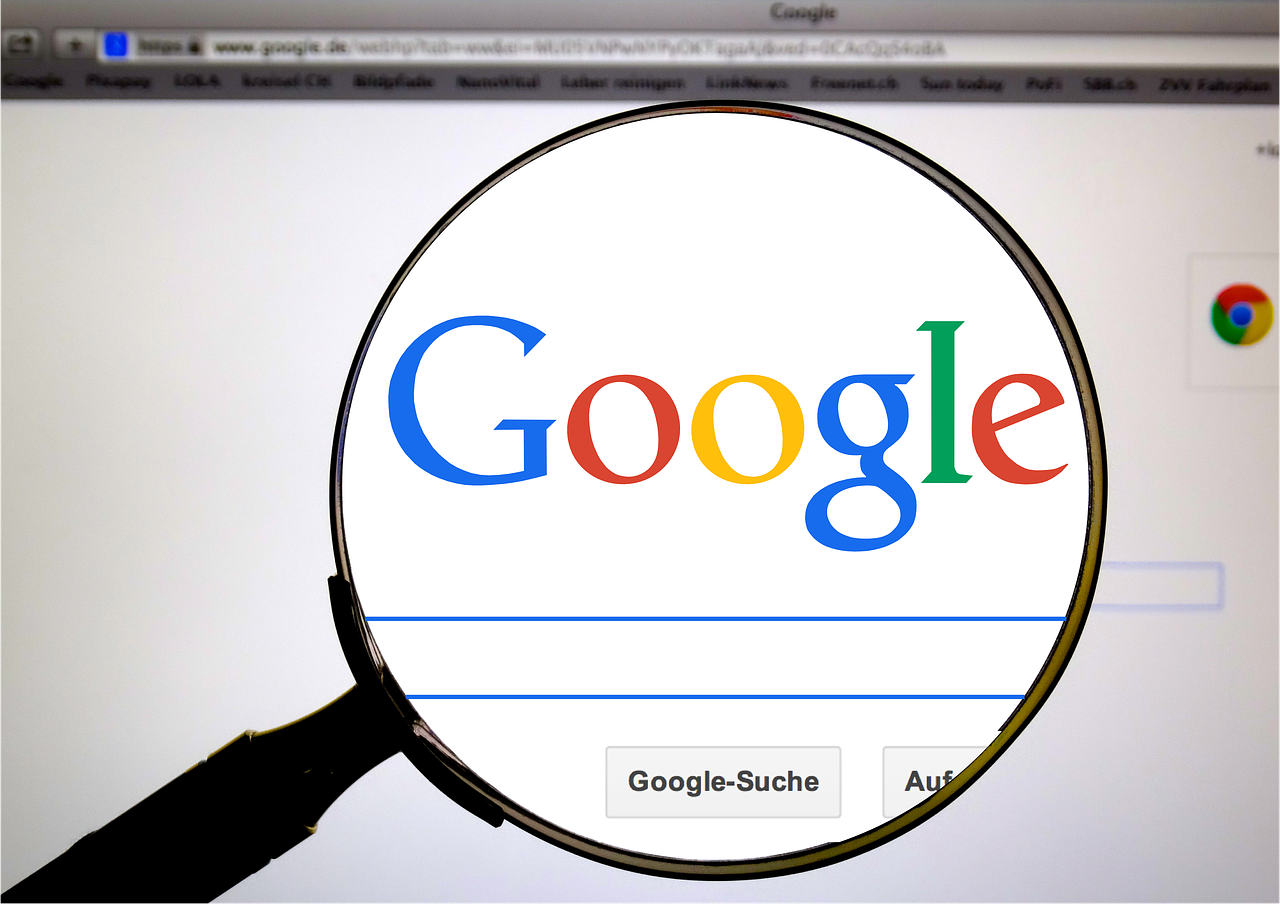Google Now Directs Users to Library Ebooks

In a move likely to increase e-book circulation at libraries across the country, Overdrive has partnered with Google to ensure users searching for books can see whether or not they are available electronically at their local library.
After typing the book title into the main Google search box, the Knowledge Panel displays results for buying the book with local library e-holdings below that. When the user clicks on their local library, they are taken to the Overdrive results page where they can either place the book on hold or check it out. If the book is not available as an e-book at any local libraries, the message “no results found near you. Please try another location” appears.
Google has not disclosed how it’s pulling the Overdrive information, but a recent Library Journal article said, “It appears that OverDrive has enabled Google’s web crawlers to access basic metadata regarding the content that the company has licensed to its customers, and Google is using geolocation information from IP addresses and mobile devices to refine individual user results, similar to the way Google would refine searches for restaurants or events.”
Overdrive began partnering with libraries in 2003 and now has 36,000 partners around the world. My library (Indianapolis Public Library) is one of the many libraries with the Overdrive platform and we’ve been offering e-books for many years. However, I still surprise patrons every day with the news that they can read e-books for free from the library! If we’re still working on publicizing our e-books to patrons who walk into the library, reaching those who don’t physically use the library is an even greater challenge. This new partnership with Google may just meet those reluctant library users right where they’re at.
Although some testers have argued that the search isn’t perfect (sometimes Google incorrectly shows an e-book isn’t available at the library and, of course, Google doesn’t display holdings from other e-book platforms), I would argue that the small imperfections aren’t much of a detriment to the overall goal of promoting library collections. Power library e-book users will already know to go directly to their library catalogs, and those unaware of the library’s e-book holdings will still see that their local library does indeed have e-books and will hopefully investigate further.
References
https://company.overdrive.com/company/who-we-are/history/
Tags: e-books, Google, library journal, overdrive









